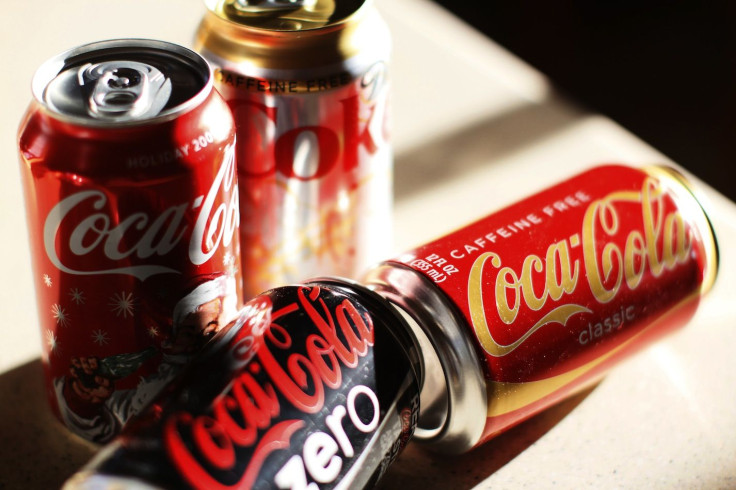Kids’ BPA Exposure Linked to Higher Risk of Heart, Kidney Damage

A new study finds that the presence of the controversial plastics chemical bisphenol A, or BPA for short, in children's urine may be linked to increased risk of heart disease and kidney damage.
BPA is used in a variety of household and consumer products, like in the lining of metallic cans. The chemical has been found to disrupt hormones, potentially causing metabolic, neurological and reproductive problems to which children are more susceptible. The American Chemistry Council and other detractors dispute many of these findings, saying that studies on BPA's effects have primarily been conducted on animals and that the chemical has been found to be safe as it is currently used.
The study was conducted by researchers from the New York University's School of Medicine. The scientists analyzed the data of 700 children aged from six to 19 years old who had participated in the 2009-2010 United States National Health and Nutrition Examination Survey. According to Health Day, the data included the levels of BPA and a protein called albumin in the adolescents' urine. Though not usually present in urine samples, albumin in urine has been linked to signs of kidney damage.
The study authors separated the youngsters into four groups, containing individuals with the lowest BPA content in their urine to the highest. They found that children with a higher albumin content had the highest traces of BPA in their urine, while the opposite - lower albumin - was true of those with the lowest traces of the chemical. Higher albumin content is a risk factor for heart disease, as well as an early sign of kidney damage.
"While our cross-sectional study cannot definitively confirm that BPA contributes to heart disease or kidney dysfunction in children, together with our previous study of BPA and obesity, this new data adds to already existing concerns about BPA as a contributor to cardiovascular risk in children and adolescents," study author Dr. Leonardo Trasande said in a statement.
The study authors state that, by the age of six, 92 percent of American youngsters have traces of BPA in their urine.
BPA is banned in the European Union and in Canada. The FDA banned the use of the chemical in baby bottles and sippy cups last summer, but many companies had already begun to phase out use of the chemical.
The study was published in the journal Kidney International.
Published by Medicaldaily.com



























